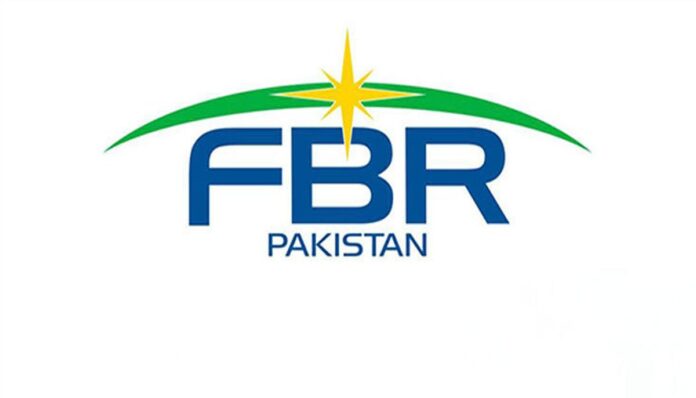ISLAMABAD: Federal Board of Revenue (FBR) has amended the income tax rules 2002 to improve the efficiency and responsiveness of the Active Taxpayer’s List (ATL) system, streamlining tax operations for enhanced compliance.
The board announced this under the Income Tax Rules, 2002, as notified via S.R.O. 1638(I)/2024, dated October 18, 2024, said a news release here on Thursday.
These amendments, issued under section 237 of the Income Tax Ordinance, 2001, are aimed at improving the efficiency and responsiveness of the Active Taxpayer’s List (ATL) system.
Under the new amendments, the ATL will now be updated on daily basis, replacing the previous practice of weekly updates.
This adjustment ensures that taxpayers who meet their filing obligations are reflected as active taxpayers promptly, enhancing real-time accuracy and facilitating compliance.
Taxpayers who submit their Income Tax Returns (ITR) for the latest tax year (2024) by the due date, or within any extension granted, will be included in the ATL immediately.
Additionally, taxpayers who file their returns after the due or extended date may still be included in the ATL upon payment of the surcharge specified in section 182A of the Income Tax Ordinance.
The previous system, whereby the ATL was shifted annually in March, has been revised. Now, a taxpayer’s inclusion in the ATL will occur immediately upon filing the ITR, streamlining the process and ensuring timely recognition of compliance.
These amendments represent a significant step forward in enhancing the efficiency and transparency of FBR’s operations.
By adopting a more dynamic and responsive approach to ATL updates, FBR is committed to facilitating taxpayers and ensuring smoother processes for the benefit of all stakeholders, a press release added.




